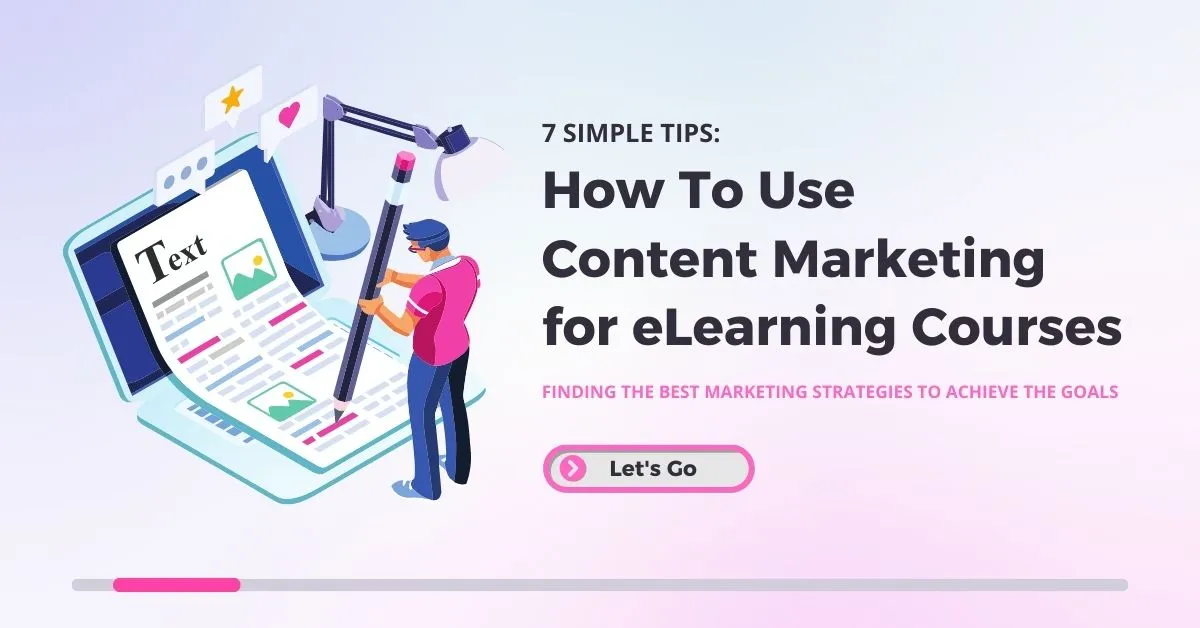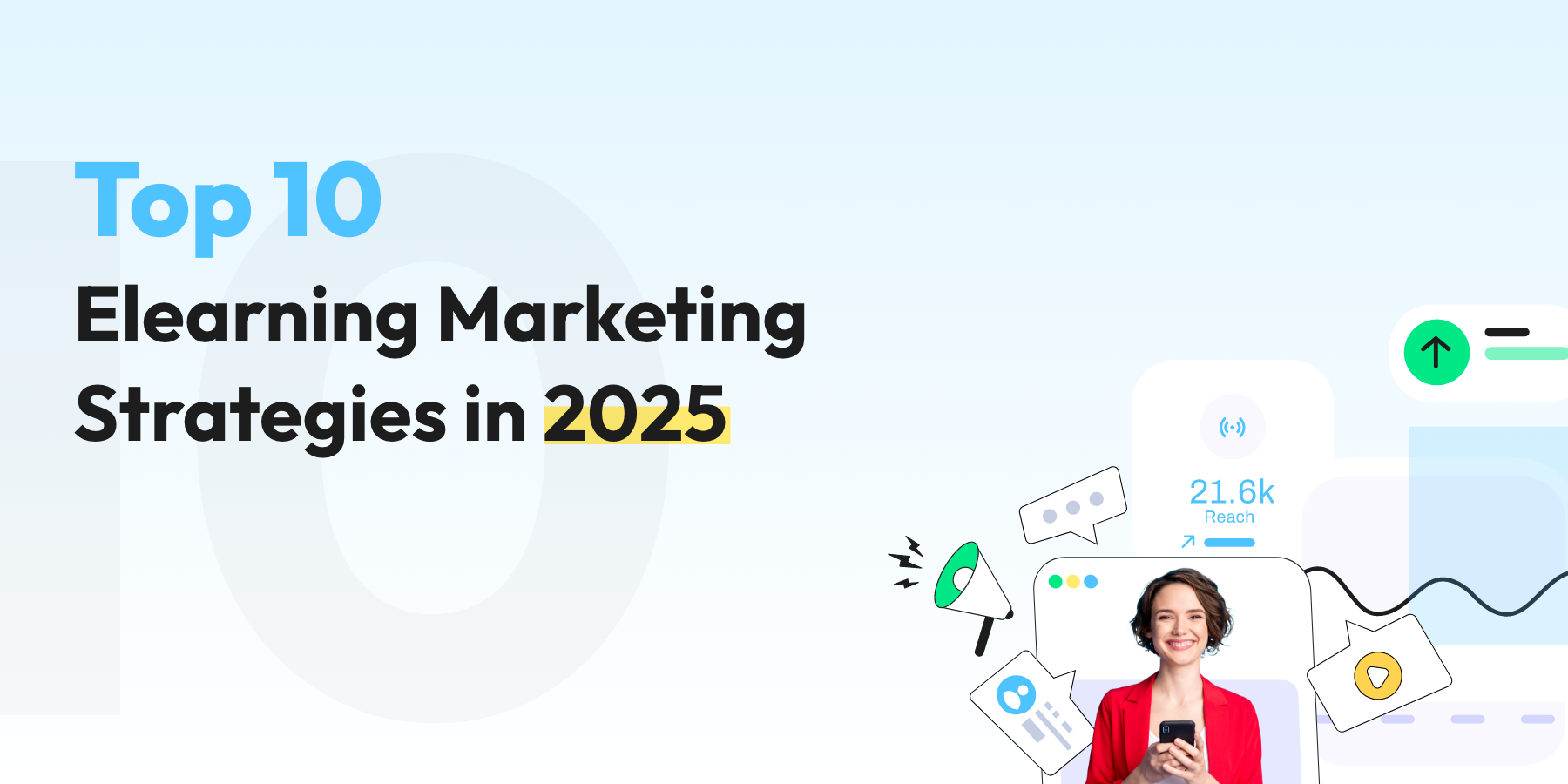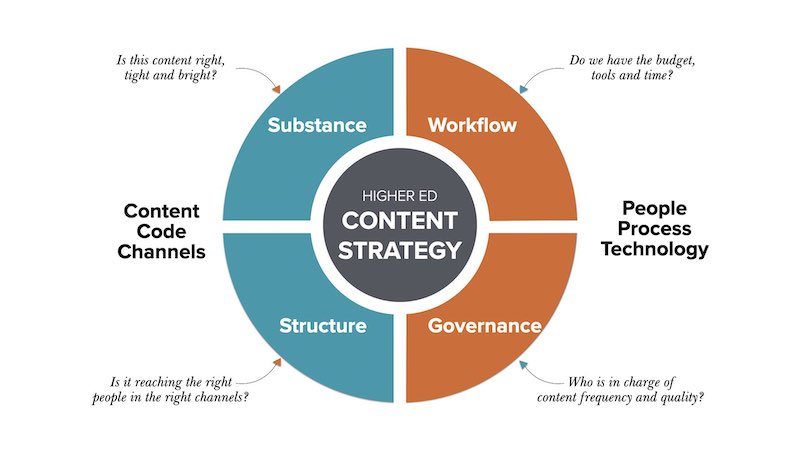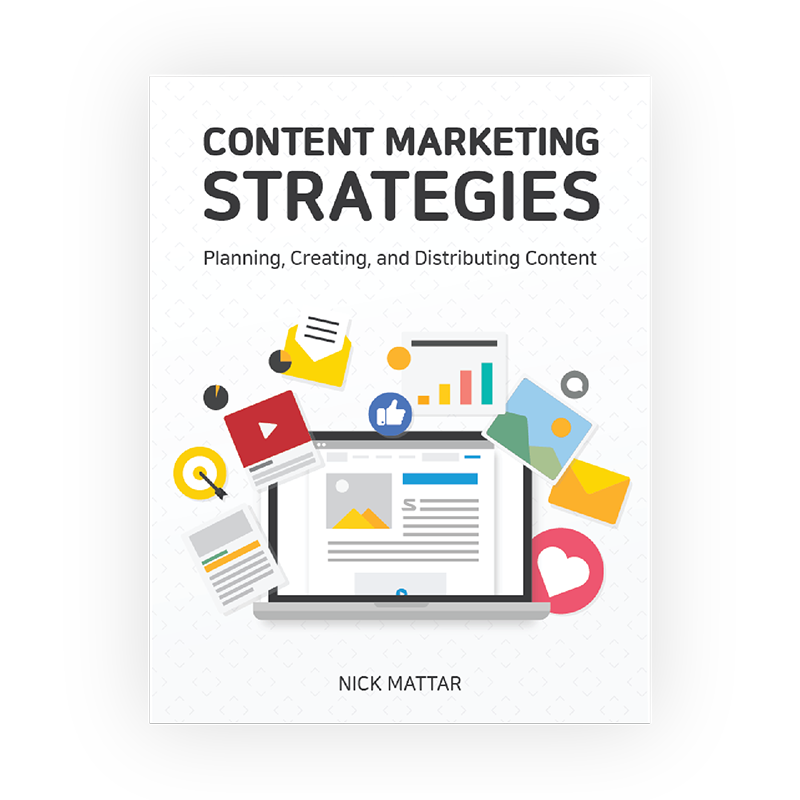Core Content Marketing Strategies for Building Trust and Authority in E-Learning
To establish trust and authority in the e-learning sector, content marketing must go beyond promotion—focusing on education, engagement, and evidence of real-world impact. Here are the most effective strategies, supported by industry best practices:
Create High-Value Educational Content
- Develop In-Depth Resources: Publish comprehensive guides, eBooks, white papers, and case studies that address your audience’s pain points and demonstrate deep expertise. These formats are especially effective for establishing your brand as a thought leader.
- Regular Blogging: Maintain a blog with articles that solve problems, explain concepts, and highlight trends relevant to your learners. This not only boosts SEO but also reinforces your authority.
- Diversify Content Formats: Use videos, infographics, webinars, and podcasts to cater to different learning preferences and increase engagement. Testing various formats helps identify what resonates most with your audience.
Leverage Social Proof
- Showcase Testimonials and Reviews: Feature authentic student testimonials, video reviews, and success stories to provide social proof and reduce skepticism among prospective learners. Peer recommendations are highly trusted and can significantly boost conversions.
- Highlight Awards and Accreditation: Display any industry recognition or certifications your courses have earned to further validate quality and expertise.
- Encourage User-Generated Content: Invite students to share their experiences on social media or your platform. This not only builds community but also amplifies trust through real, unfiltered voices.
Engage Through Interactive and Mobile-Friendly Experiences
- Gamify Learning and Marketing: Incorporate gamification elements—such as quizzes, challenges, and badges—into both your courses and marketing campaigns to make the experience more engaging and memorable.
- Adopt a Mobile-First Approach: Ensure your content is accessible and optimized for mobile devices, allowing learners to engage anytime, anywhere. Mobile-friendly platforms support bite-sized learning and higher completion rates.
Build Relationships via Social Media and Influencers
- Maintain an Active Social Media Presence: Use platforms like LinkedIn, Twitter, and Instagram to share valuable content, answer questions, and foster a community. Social media also allows for real-time feedback and personalized engagement.
- Collaborate with Influencers: Partner with respected figures in your niche to reach new audiences and lend credibility to your offerings. Influencers can help amplify your message and provide third-party validation.
Focus on Consistency and Audience-Centricity
- Publish Regularly: Deliver fresh, valuable content at consistent intervals to stay top-of-mind and reinforce your authority.
- Understand Your Audience: Develop detailed learner personas to tailor content that addresses specific needs, goals, and challenges. This ensures relevance and increases the perceived value of your offerings.
- Measure and Adapt: Set clear goals and KPIs for your content marketing efforts. Regularly analyze performance to refine your strategy and maximize impact.
Summary Table: Key Tactics and Their Benefits
| Tactic | Builds Trust | Establishes Authority | Engages Audience |
|---|---|---|---|
| In-depth guides/eBooks | ✓ | ✓ | ✓ |
| Student testimonials/case studies | ✓ | ✓ | |
| Regular blogging | ✓ | ✓ | ✓ |
| Gamification | ✓ | ||
| Mobile optimization | ✓ | ✓ | |
| Social media engagement | ✓ | ✓ | |
| Influencer partnerships | ✓ | ✓ |
Conclusion
Building trust and authority in e-learning requires a multifaceted content marketing approach centered on education, social proof, and audience engagement. By consistently delivering high-value, relevant content and showcasing real success stories, e-learning providers can position themselves as credible, authoritative sources in a competitive market.





